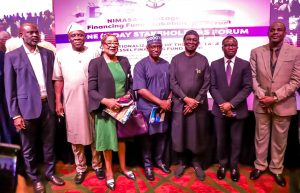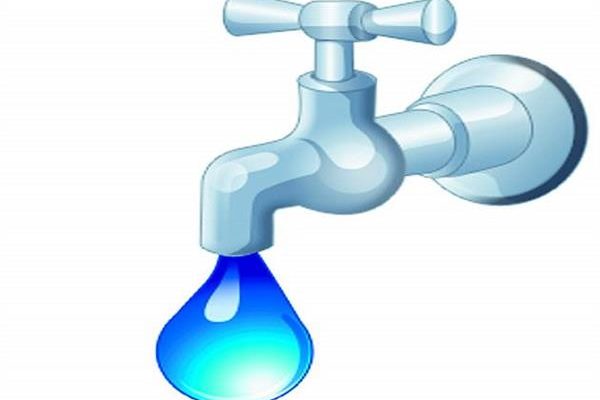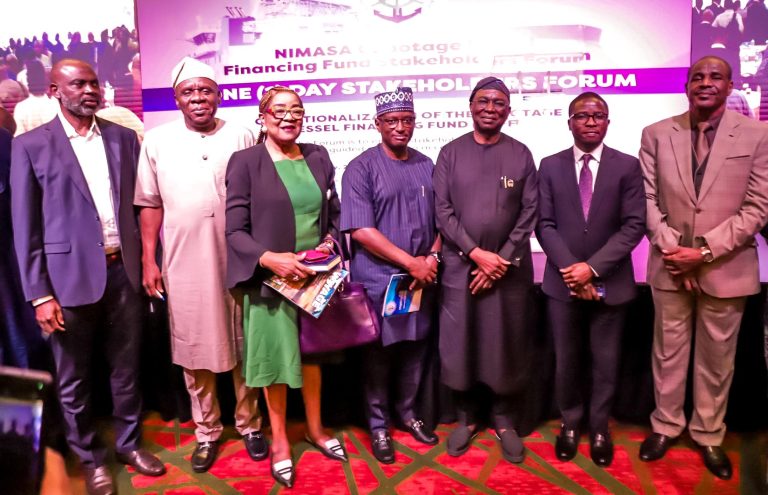The Chairman, FCT Water Board, Mr Kashim Ali, says the handling and management of water supply should be the sole responsibility of state and local governments.
Ali gave this advice at the 4th Nigerian Institution of Water Engineers Conference in Abuja on Tuesday.
The theme of the conference is Innovative Solutions to Water Supply and Water Infrastructural Challenges in Nigeria.
Ali, a past President of the Council for the Regulation of Engineering in Nigeria (COREN) said that the Federal Government had always been the one investing in the water sector and this has made states to recline in their responsibility in that area.
“Municipal water supply is on the concurrent legislative list, we should hand it over to the state governments and local government and build capacity of the local governments to be able to deliver these services.
“Truth is over the years, it has only been the Federal Government investing heavily in water resources except for some few states but every state can handle its own programme and the Federal Government can now give them support.
“Federal government is building over 400 dams, about 333 of them have been completed since 2008, every state in Nigeria has access to a number of dams.
“Some states even have water treatment plants constructed by the Federal Government but they are not using them.
“The truth is because we have not had a challenge yet, people have lost the sense of history. In the 70’s we had drought in this country and there is no guarantee that we won’t have it again.
The expert said if this was not death with now it might come to hunt the country in the future.
Speaking on innovative ways of tackling the water challenge issue in the country he said regulation of the sector can be given to the states while the local governments would now have the water boards.
“What we have to do is to have high quality personnel to manage the water board at the local government level, the same quality of staff that works in water board will work there and the will deliver the service.
“The service will be properly delivered and you will have water of good quality and quantity and health bills will come down drastically.
“Put the problems squarely on their hands after all the law gives them the power, then you give them technical support, Federal Government will only give technical support that way it will work.
The board chairman also called on the government to undertake research ventures to develop artificial water recharge in strategic locations across the country.
This, according to him, will help to store up water because the climate change is making the artic to melt and this can be stored to be used in the future.
The Keynote speaker at the occasion, Mr Michel de Vivo, an expert in dams and hydroelectricity, stressed on the need to develop dams and reservoirs across the country.
According to Vivo, dams and reservoirs could help to accomplish the sixth Sustainable Development Goals.
He said there was the need to build new dams and maintain the old ones if the challenge of water shortage must be solved.
Vivo also advocated water transfer technology and strategies to get water to areas that do not have good supply of water.
On her part, the President of the Nigerian Institution of Water Engineers, Mrs Chinyere Igwegbe, said the recent increase in Cholera outbreaks in some states called for urgent steps in achieving safe water for Nigerians.
“Also the continuous rise in floods need to be looked into for a lasting solution.
“The awareness level for people to stop building houses around flood prone environment needs to be on the increase with possible penalties for defaulters.
“As professionals we need to look into research of new technologies for water conservation, appropriate price of water better policies and regulations, climate change mitigation and improved water distribution infrastructure,” she said.
Igwegbe, however, called on the state governments to look inwards and belief in the engineers in the states as they proffer solutions to the challenges surrounding the sector.

















